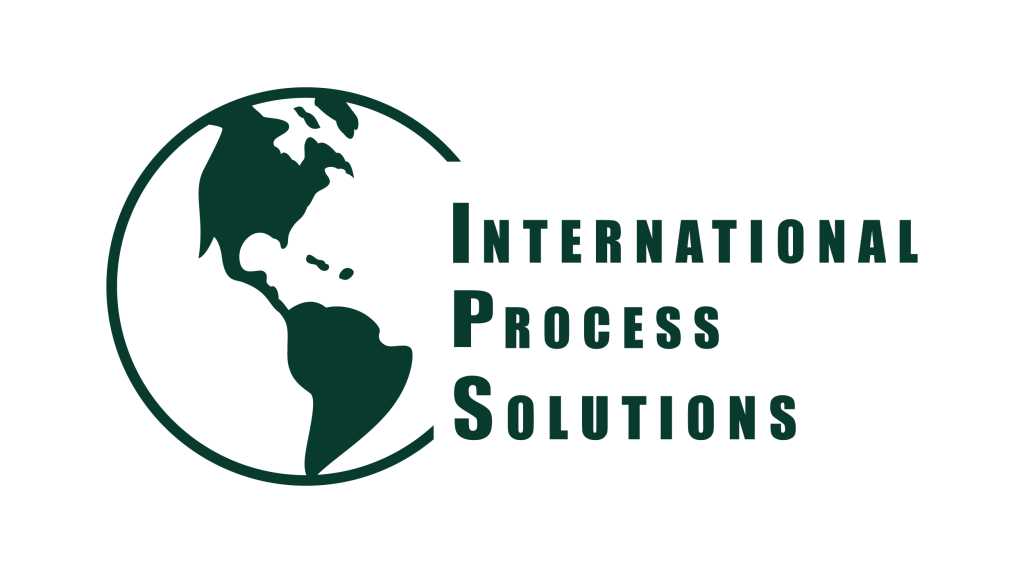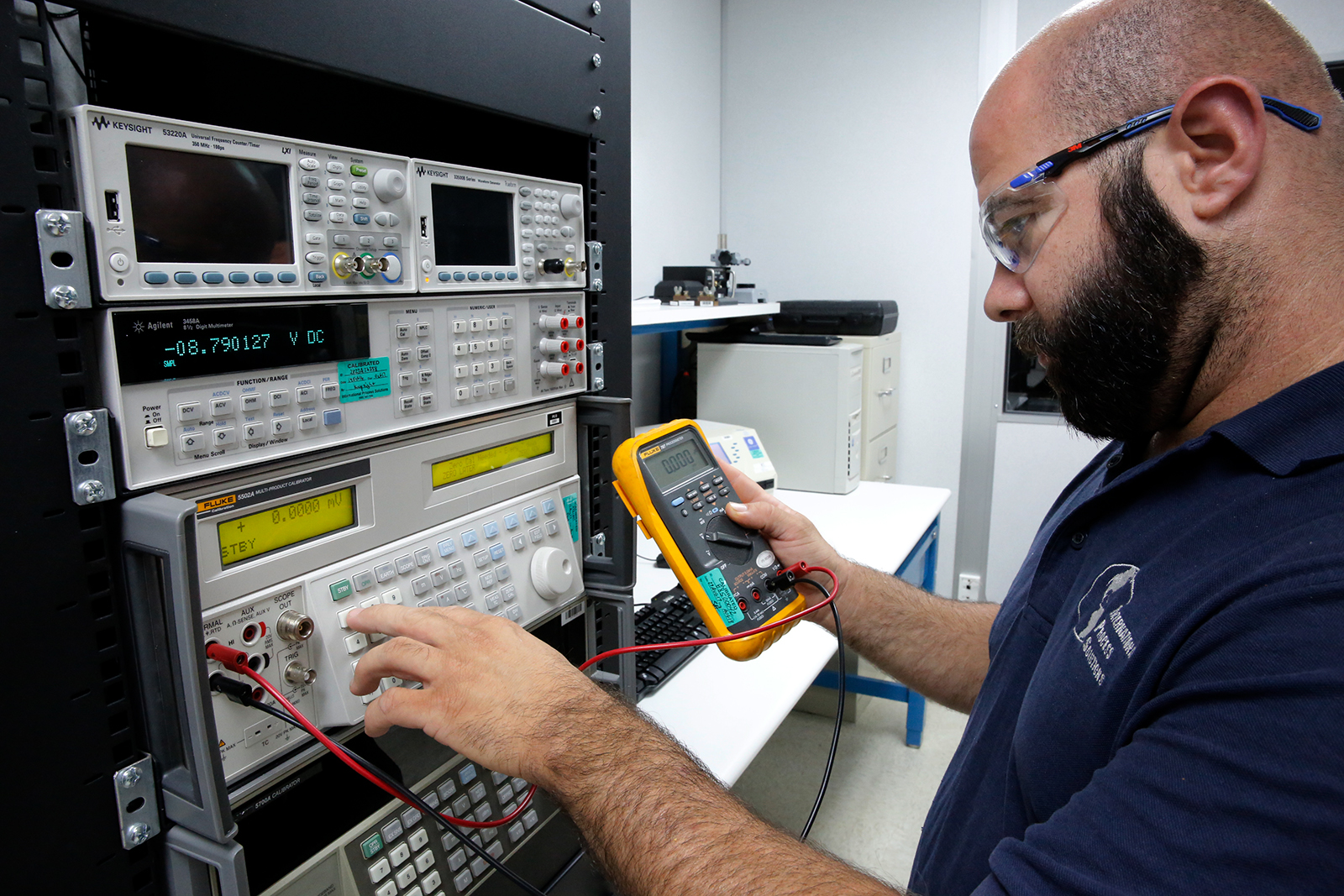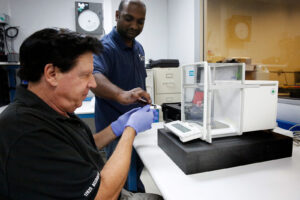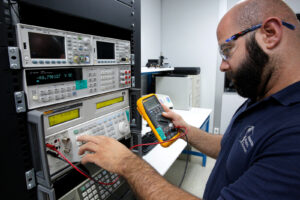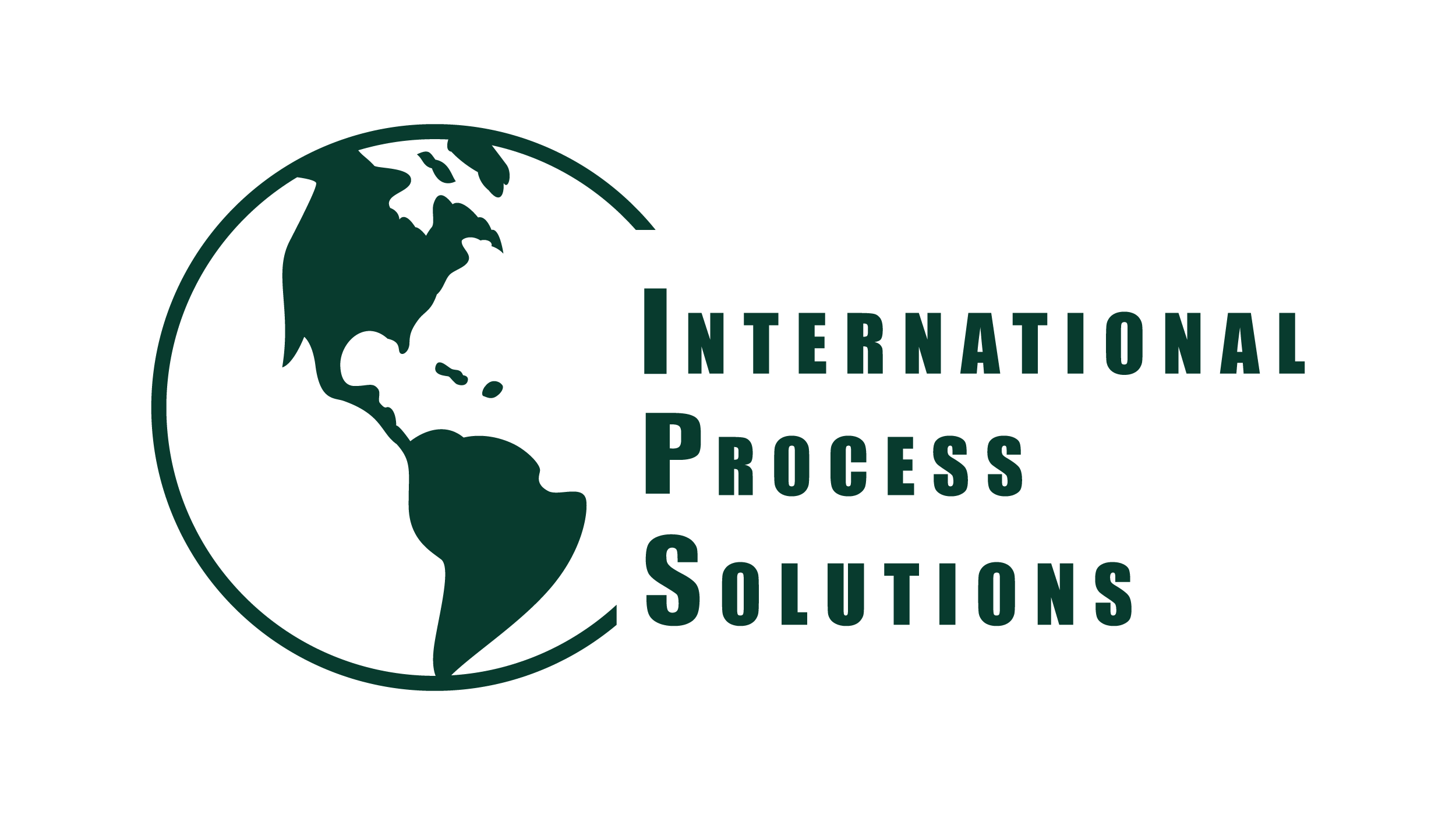Introduction to Calibration Certificates
At International Process Solutions (IPS), we recognize the critical role that calibration certificates play in regulated industries, manufacturing environments, laboratories, and quality management systems. A calibration certificate is far more than a simple piece of paper—it is an official, traceable document that verifies the accuracy, precision, and compliance of your instruments. For businesses that must adhere to ISO/IEC 17025, FDA regulations, or GMP requirements, the calibration certificate provides documented proof of instrument reliability and data integrity.
What Is a Calibration Certificate?
A calibration certificate is an official record issued after calibration of an instrument, confirming that the equipment has been tested against recognized standards. This document not only identifies whether the equipment meets required specifications but also details the adjustments, measurement results, and environmental conditions under which the calibration was performed. At IPS, every certificate we issue is traceable to NIST (National Institute of Standards and Technology), ensuring the highest level of accuracy and international recognition.
Essential Elements of a Calibration Certificate
When reviewing a calibration certificate, it is vital to understand the information it contains. A high-quality certificate from International Process Solutions will always include:
1. Unique Certificate Number
Every certificate is assigned a traceable, unique identification number to prevent duplication and ensure easy reference for audits or compliance inspections.
2. Customer and Instrument Identification
Details such as company name, instrument model, manufacturer, and unique serial number ensure the certificate corresponds precisely to the tested equipment.
3. Calibration Standards Used
The document specifies the standards applied, including their traceability to NIST or other internationally recognized authorities. This provides confidence in the validity of the measurement process.
4. Environmental Conditions
Calibration is highly sensitive to conditions such as temperature and humidity. Our certificates clearly state the environmental parameters during testing, ensuring full transparency.
5. Measurement Results and Uncertainty
Results are presented with precise numerical values, including the measurement uncertainty that quantifies the potential margin of error. This information is critical for industries where exact accuracy is non-negotiable.
6. Pass/Fail Status
To make results easily actionable, the certificate highlights whether the instrument passed or failed against defined specifications. If adjustments were required, this is noted.
7. Date of Calibration and Next Due Date
Compliance requires consistent calibration scheduling. Certificates from IPS always display the date of service along with the recommended recalibration date, supporting preventive maintenance planning.
8. Technician Signature and Accreditation Details
Every certificate is signed by a qualified IPS technician, accompanied by laboratory accreditation information. This ensures adherence to ISO/IEC 17025 quality standards.
Why Calibration Certificates Matter
Ensuring Accuracy and Reliability
Without documented calibration, even advanced instruments may deliver unreliable data. Certificates safeguard against errors by proving that instruments function within specified tolerances.
Supporting Regulatory Compliance
Industries such as pharmaceuticals, biotechnology, aerospace, and medical device manufacturing must comply with strict regulations. Calibration certificates are a compliance requirement during audits and inspections, proving that equipment aligns with industry standards.
Improving Quality Assurance Systems
Certificates form a critical component of a company’s quality management system (QMS), ensuring all processes relying on measurement data remain accurate and defensible.
Reducing Risk and Downtime
Incorrect measurements can lead to costly mistakes, product recalls, or safety issues. Certificates provide assurance, reducing operational risk and ensuring instruments are service-ready at all times.
Traceability and Accountability
Calibration certificates establish an unbroken chain of traceability back to recognized standards. This accountability protects businesses in case of disputes, product liability cases, or customer audits.
Common Mistakes to Avoid with Calibration Certificates
While many organizations understand the importance of calibration, several mistakes compromise the effectiveness of certificates:
- Accepting incomplete certificates – Missing measurement results, uncertainty values, or technician details can invalidate the document.
- Overlooking expiration dates – Certificates must be renewed on time; failing to do so risks compliance issues.
- Not ensuring traceability – Only certificates with NIST or equivalent traceability offer international recognition.
- Using uncertified providers – Non-accredited labs may issue certificates that fail to meet audit requirements.
At IPS, we prevent these mistakes by following strict procedures that meet or exceed industry standards.
How International Process Solutions Delivers Superior Calibration Certificates
ISO/IEC 17025 Accredited Services
Our laboratory maintains full accreditation under ISO/IEC 17025, meaning every calibration we perform adheres to globally recognized practices.
Highly Trained Technicians
All calibrations are carried out by skilled, certified technicians who specialize in precision measurement and quality assurance.
Comprehensive Documentation
We provide certificates that go beyond minimum requirements, ensuring every detail—from environmental conditions to pass/fail data—is meticulously recorded.
On-Site and In-Lab Options
Whether calibration is performed at your facility or in our laboratory, IPS guarantees the same high standards, providing certificates immediately upon service completion.
Preventive Maintenance Integration
In addition to calibration, we integrate preventive maintenance schedules into certificates, helping clients plan ahead and minimize costly downtime.
The Role of Calibration Certificates in Different Industries
Pharmaceuticals and Biotechnology
Strict FDA and GMP regulations demand precise data integrity. Certificates provide proof of compliance and ensure patient safety through reliable testing results.
Aerospace and Defense
Safety and reliability are paramount. Certificates validate that instruments used in production and testing meet rigorous performance standards.
Medical Devices
Calibration certificates ensure diagnostic and surgical equipment delivers accurate results, supporting both regulatory approval and patient trust.
Manufacturing and Industrial Production
Certificates help maintain consistency, reduce waste, and guarantee that finished products meet exact specifications.
Best Practices for Managing Calibration Certificates
To maximize the value of calibration certificates, organizations should adopt structured management practices:
- Centralized Storage – Maintain certificates in a secure, easily accessible database for audits and compliance reviews.
- Automated Reminders – Use software or service providers like IPS to set reminders for upcoming recalibrations.
- Audit Preparation – Regularly review certificates to ensure they contain all required details before audits.
- Partner with Accredited Providers – Always select an ISO/IEC 17025 accredited provider such as IPS to guarantee valid documentation.
Conclusion
Calibration certificates are an indispensable element of quality control, compliance, and risk management. They provide documented assurance that instruments perform accurately and consistently, with traceability to recognized standards. At International Process Solutions, we pride ourselves on delivering calibration services backed by comprehensive, ISO-accredited certificates that meet the highest industry requirements. By partnering with us, organizations gain more than just calibration—they secure reliability, compliance, and confidence in every measurement.
